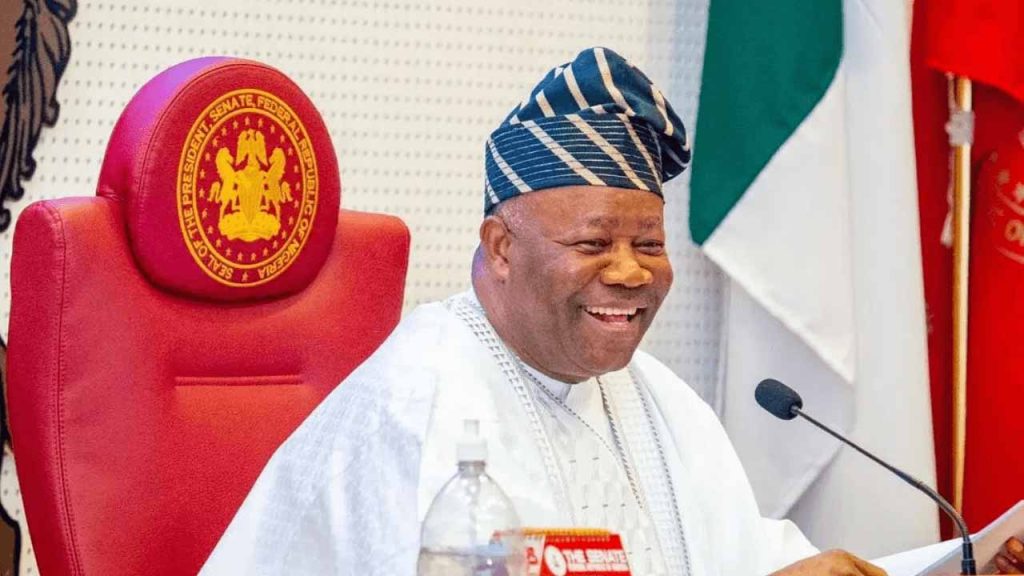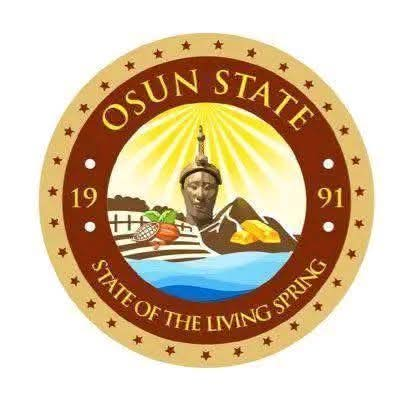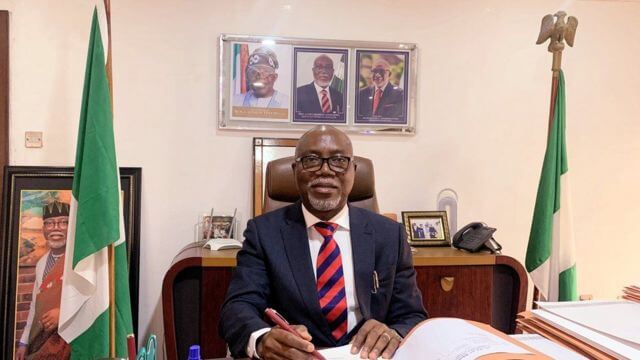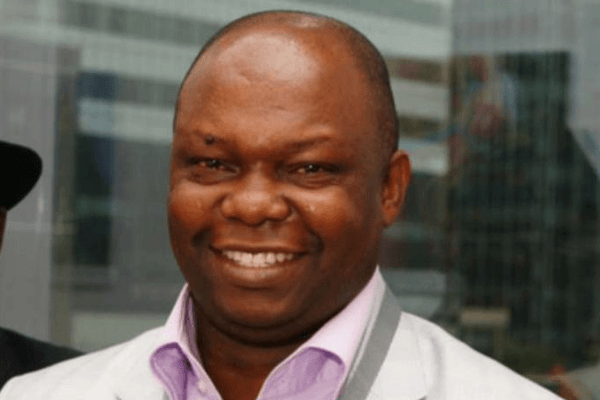The glaring deficiencies in our leadership recruitment and selection, most specifically in the nation’s political landscape which perhaps precedes the present political dispensation but has become perplexingly noticeable even to the untrained eyes since the advent of the Fourth Republic, are increasingly a recurring decimal, if not a consistent feature in the overall interrogation of the National Question.
The consistent decline of this component of the National Question, most certainly exacerbated by the intrusion of the armed forces in the body politic, has probably been the most tasking to social scientists, and for good reason, that it is from this base that other Questions are either subdued and mitigated or enhanced and improved socioeconomic indicators are issued.
Because this form of our national malaise seems to have surreptitiously found a home in our psychosocial makeup, the despicable has now become the normal while what used to be ennobling and expected has not only become relatively unrecognized but also appeared strange to what would have otherwise qualified as trained eyes.
While these deficiencies cut across the different cadres of our political leadership, they are more pronounced in the top echelons of our federal executive and legislative systems, and for good measure because it follows the aphorism that the fish rots from the head.
But there’s a new leadership mystic flowing through the air with both drivers of the executive and legislative branches of our present government that, disappointingly, have not been adequately captured and interrogated not only by society’s intelligentsia but particularly the Fourth Estate which is constitutionally saddled with that responsibility to interrogate how these drivers speak truth to their own powers.
Leadership projection by Nigeria’s Chief of State President Bola Tinubu and the President of the Senate and Chairman of the 10th National Assembly His Excellency Godswill Akpabio has never been more reassuring and their strategic communications methodologies confidence-inspiring which, in the main, has rekindled the peoples hope in the Nigerian Project. But unfortunately, these seemingly quiet revolutions in the two arms are hardly interrogated, let alone adequately televised.
It is therefore within the context of this strategic communication methodology that a recent outing of Senate President Godswill Akpabio at the Grand Finale of the National Quiz Competition organized by the National Institute for Legislative and Democratic Studies should be situated.
While admonishing pupils of the various secondary schools across the country who participated in the Quiz Competition Akpabio said he has never taken alcohol or smoked a cigarette in his life.
Hear him: “You should strive to become visionary leaders in the future by abstaining from things that would truncate your dreams and goals.”
“In my case, I have never smoked cigarettes or taken alcohol before. This is because, growing up, I listened to parental guidance.
“As a kid, I usually see a man who would stagger on the road and fall into the gutters. I asked my mum who told me it was because he was drunk.”
“Some people would drink alcohol and drive home while others would drink and drive to paradise.”
While it can be sufficiently argued that the Senate President is not the only politically exposed leader in the country to have resisted taking alcohol or smoking even one stick of cigarette in his entire life (despite the status symbol that the drinking of alcoholic beverages and smoking of cigarettes, especially the exotic kinds confers on the drinker and smoker), and neither will the Chairman of the 10th National Assembly be the last, the import of Akpabio’s statement and the recipient audience, it seems to me, was strategic communication at its most ennobling finesse.
Although it may not be argued that Akpabio’s absolute abstention from alcohol and smoking was responsible for his sterling leadership credentials right from the first time he entered politics as a chairman of his local government from the quiet backwater of Ukana, Ikot Ntuen in Essien Udim Local Government Area of Akwa Ibom State, superb credentials that are surely being unfolded on the national leadership/political canvas, the conjecture can be convincingly made that his mother’s simple and honest-to-goodness reply on the inevitable outcome of men’s excessive drinking behaviors positively affected his leadership quality, if not his attitude to life and living.
As earlier pointed out and more importantly, was the fact that Akpabio’s message was delivered in front of another microcosm of Nigeria akin to the one he currently superintends with uncommon deft and supreme verve; the children and our future leaders.
Akpabio’s dropping of his message of complete abstention from alcohol and smoking was particularly—-it seems to me—-of extreme strategic importance given the existential crises of drug and alcohol abuse, not to talk of other extreme social vices such as kidnapping and ritual killing confronting the Nigerian youths irrespective of their parental and financial backgrounds that may have reached a point in which a national emergency should be declared.
While we may never know how many of our secondary school pupils at the grand finale of the quiz competition Akpabio’s message turned out to be so profound in their subconscious minds that they also vowed, from that day, never to smoke or drink alcohol when they grow up because of their desire to become future Nigerian leaders or had already started to mentally carve for themselves the image of the Senate President, the fact remains that our children and youths are craving for, and sorely in need of positive heroes to pattern their lives with.
This is the Akpabio example that our politicians should emulate in their public outings through their speeches.
Femi Odere is a Senior Legislative Aide on Stakeholders’ Engagement and Mobilization to the Senate President.





